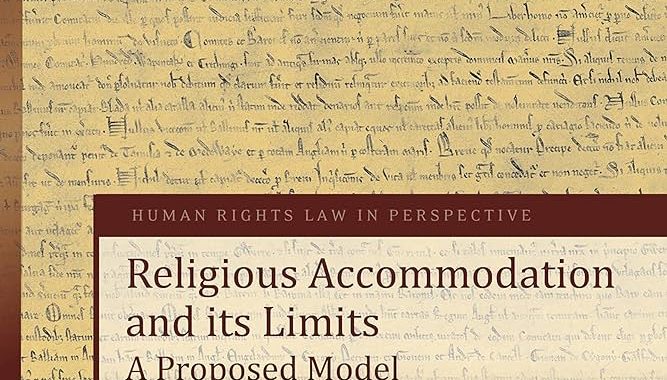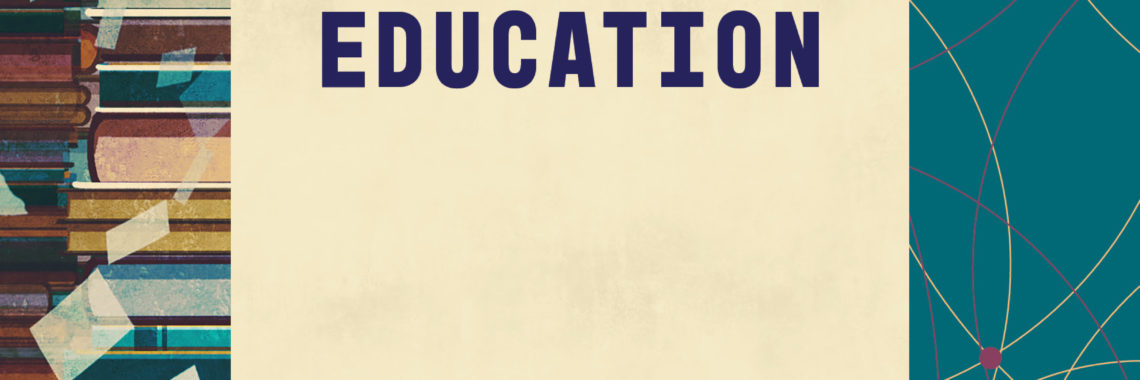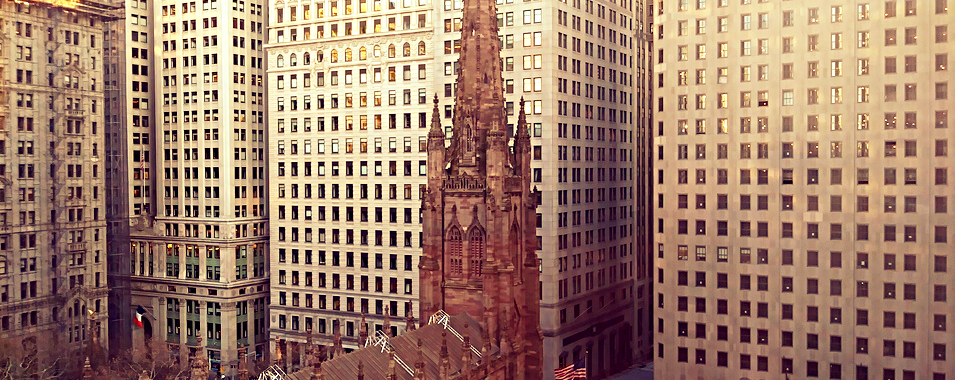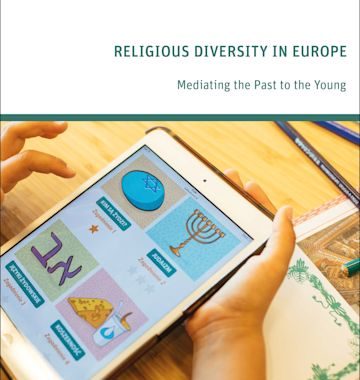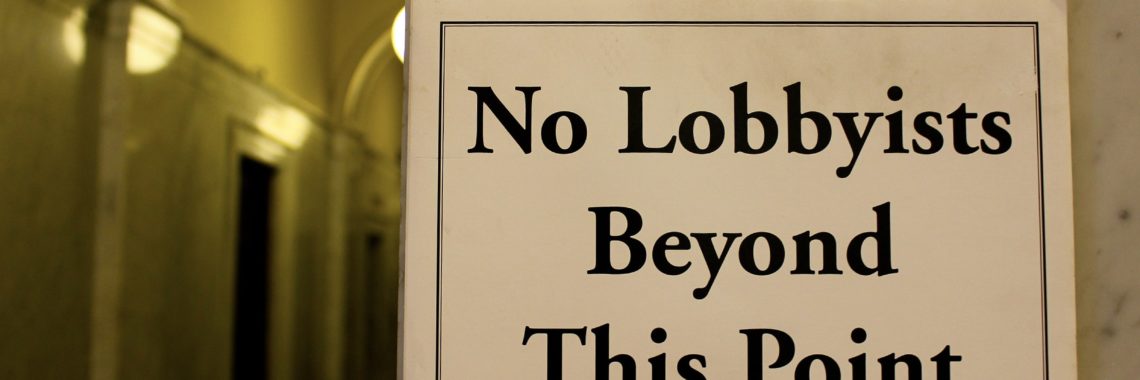“Religious Accommodation and its Limits” by Farrah Raza
Religious Accommodation and its LimitsFarrah Raza On what grounds should religious accommodation claims be limited? When do religious claims harm the autonomy of others? This book proposes an original model of religious accommodation which can be applied in secular liberal democracies where religious diversity has been a hotly contested issue. Addressing the complex question of…


